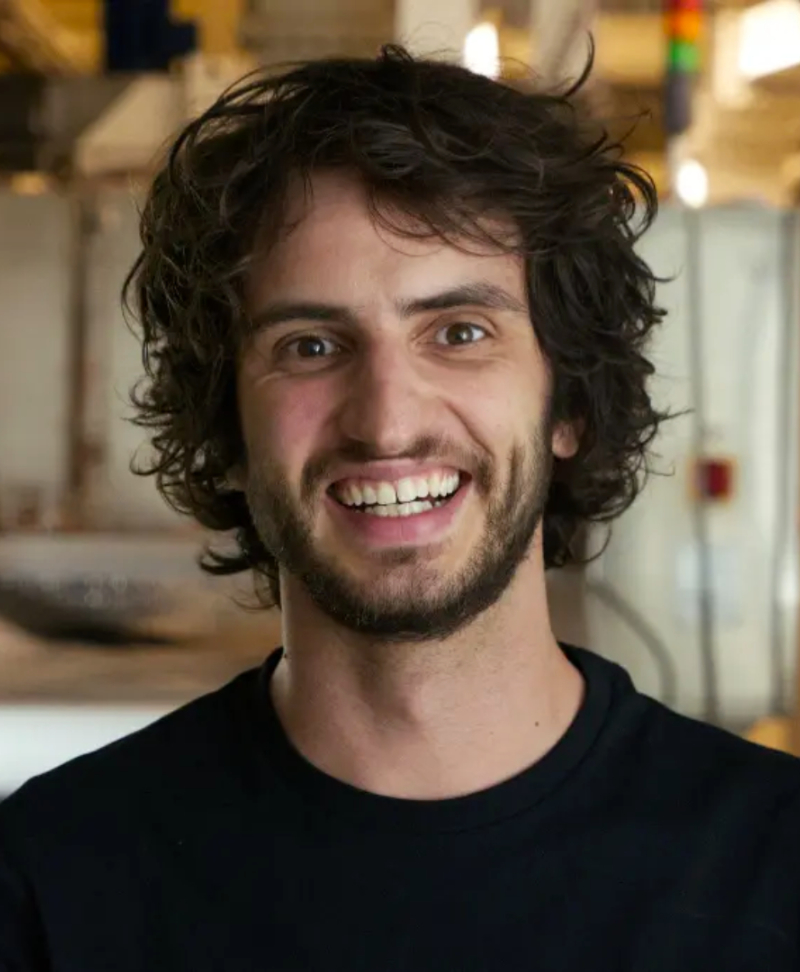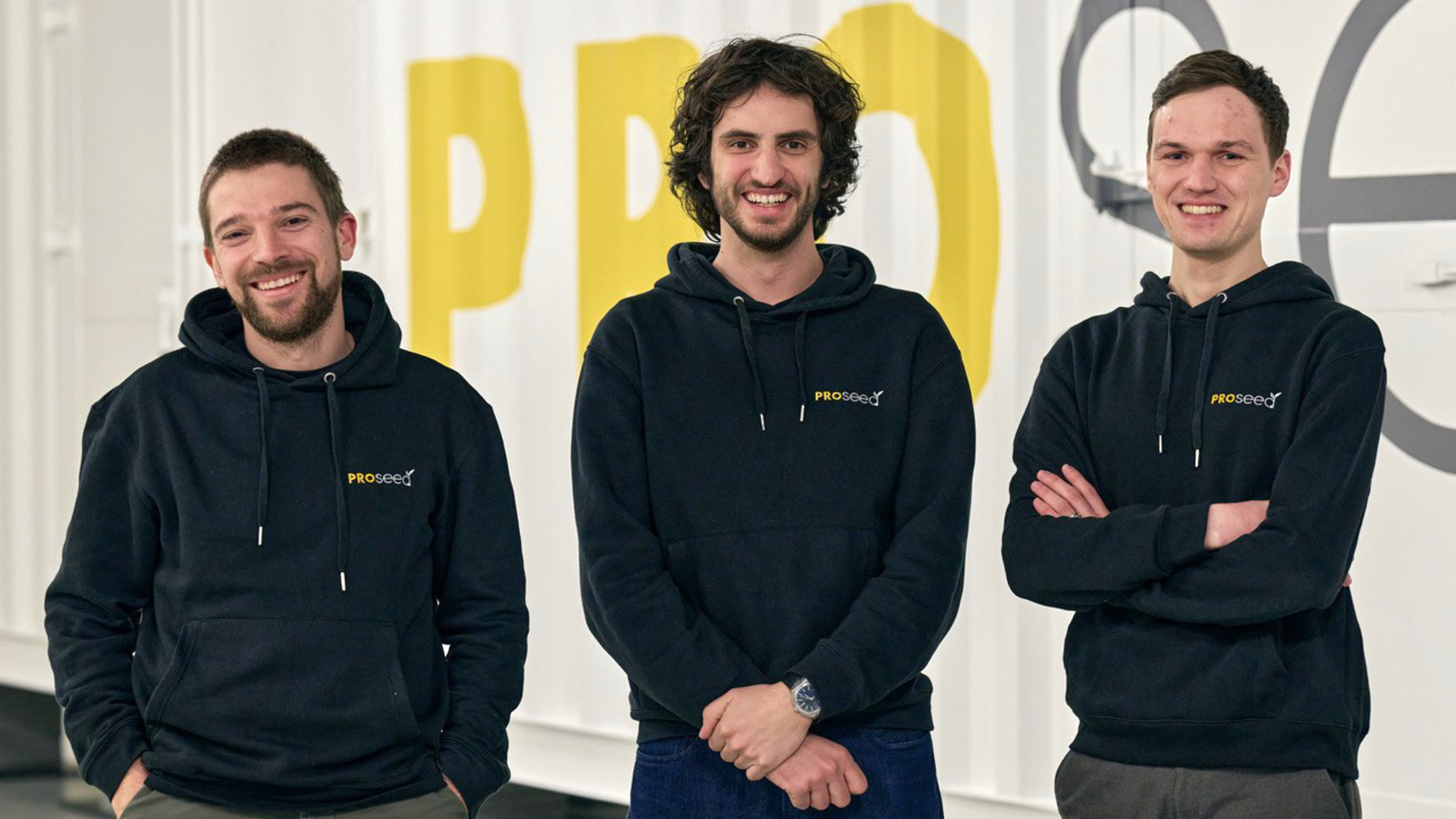Transforming food industry waste into ingredients for human consumption and harnessing the nutrients they contain: an ecological and technological challenge taken on by Valais-based startup ProSeed. What is the recipe that enabled them to develop an innovative and sustainable solution?
Step 1: Dissect industrial processes
It all began with an academic project at HES-SO. By analyzing industrial processes, Aurélien Ducrey, a food technology engineer, and his fellow researchers noted that the thousands of tons of residues from the food industry, such as brewer's grains, tofu by-products, and plant-based milks, were considered waste. However, these by-products possess significant nutritional value, which could make them suitable for human consumption. Yet, they are used for animal feed or biogas production, when they are not simply incinerated. "The internal value chain is not optimized," notes Aurélien. "Yet these materials are full of nutrients." Why isn't the industry exploiting the potential of these residues?
Aurélien and his colleagues launched a research project to answer this question. The study revealed that the major obstacle to recycling these residues was their excessively high moisture content. This moisture poses health problems—wet by-products have a short shelf life and rot quickly—and logistical issues. Furthermore, the raw materials needed by the food industry must be dry, and drying is a complex process. Based on this analysis, the team decided to develop a technological and ecological solution based on the circular economy to improve industrial waste management.
Step 2: Gather all the ingredients for success
The founders of ProSeed gave themselves the means to carry out their project: they mobilized the innovation and financing ecosystem, surrounded themselves with industrial partners. When in 2022, they decided to submit an Innosuisse Bridge project, an EPFL alumnus told them about Alliance and Elise Gortchacow-Bretton, innovation mentor in innovation. “Elise completely restructured our application. It was a real in-depth effort,” says Aurélien Ducrey. Beyond putting together the application, she also assisted them in preparing pitches and remained available at every stage. Today, Alliance continues to support ProSeed in exploring new European and Swiss projects.

The team is not just the people who work with us on a daily basis, it is also the network around us and the key players, such as The Ark Foundation, Innosuisse or Alliance, who allow us to focus on our core business.
Step 3: Prepare the ProSeed Unit
The team was thus able to develop its innovative solution. The result of these efforts: the ProSeed Unit, a processing module that dries residues, runs on renewable energy, requires half the energy of existing drying solutions, and is installed directly on production sites. The output of this unit is flakes that can then be transformed into flour to produce bread, energy bars, or other products for human consumption. "We didn't want to invent a system that would be too complex to integrate. The idea is to create the missing link between the companies that generate waste and those that could use it as resources," explains Aurélien Ducrey.
The first full-scale pilot has been installed in Martigny, and development prospects look promising. ProSeed is currently developing its technology on an industrial scale to install its units directly on-site, in breweries, companies that produce tofu, or plant-based milks. Ultimately, the startup aims to expand internationally and export its solution around the world. "The demand is there; the challenge is that we're entering a new market. We need to find the right positioning, the right business model to meet the demand," explains Aurélien Ducrey.
Driven by robust technology, a demanding market, and an effective support network, ProSeed is reinventing the way the food industry handles its waste and brilliantly succeeding in combining circular economy, sustainability, and technological innovation.
ProSeed at a glance
Foundation : 2023
Head office : Sion
Team : 9 full-time equivalents
Website : proseed.co

